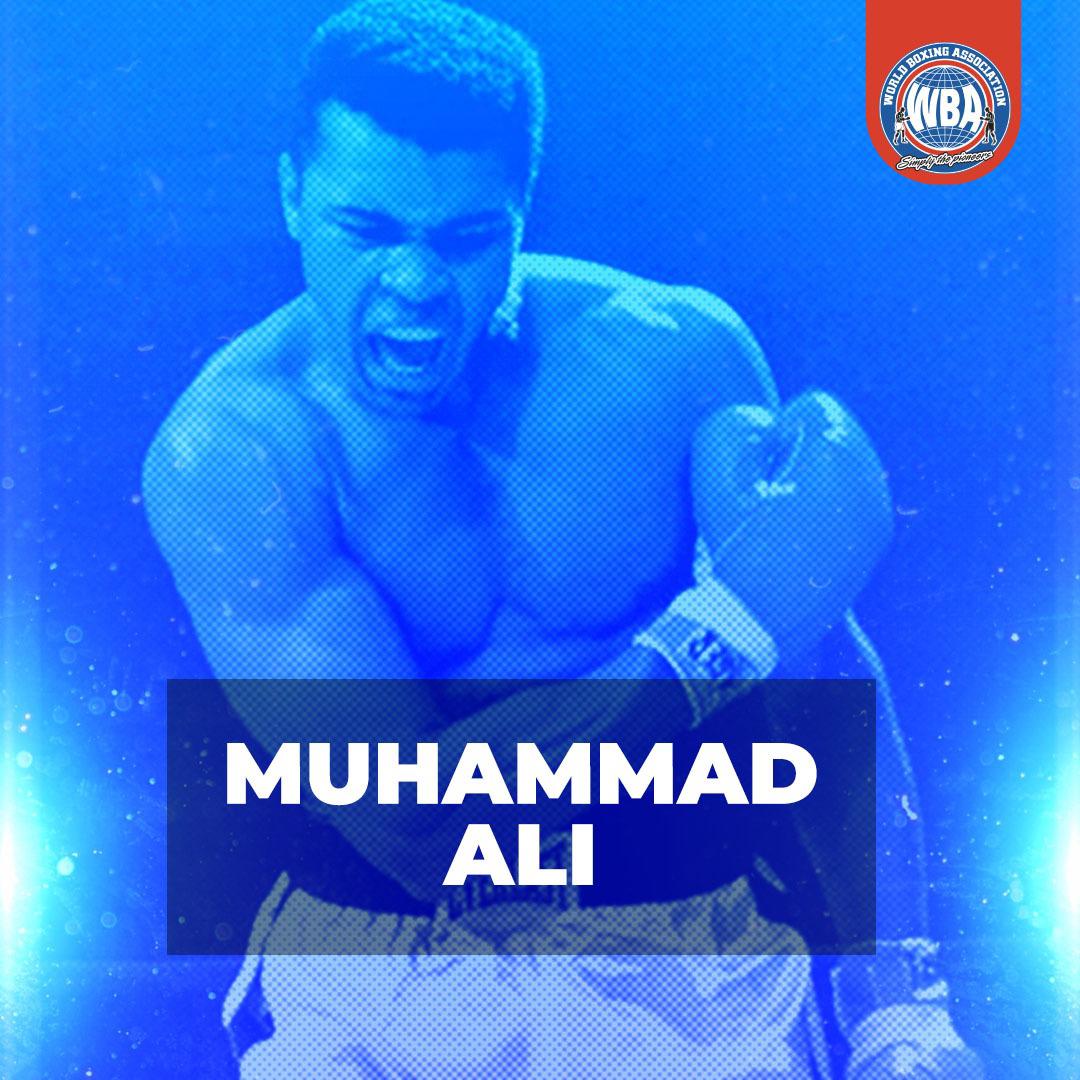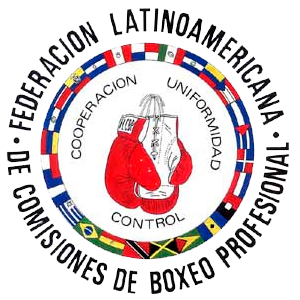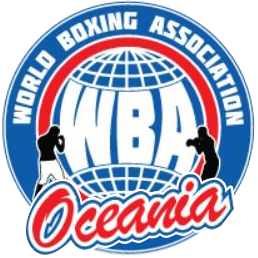Today marks the 79th anniversary of Muhammad Ali’s birth, the world’s most famous athlete of the 20th century, and who is remembered by millions of people around the world for his virtues as a boxer, a discipline in which he was one of the greatest of all time in the heavyweight and for his political activity in which he developed a tenacious fight for the preservation of the civil rights of his race both in sports and civil areas, which allowed him to go beyond the common man.
He saw the light on Saturday, January 17, 1942 in Louisville, Kentucky, with the name of Cassius Marcellus Clay, son of Cassius Marcellus Clay and Odessa Clay, a middle-class couple who had another son, Randolph, named Rudy by the family. That name, which he rejected when he converted to Islam, for him a slave name, was changed into Muhammad Ali “The Greatest”, as he would be known worldwide since 1967 and until the end of his days 74 years later.
It is worth reproducing what the author of Lenin’s Tomb (then editor of the New Yorker) and Pulitzer Prize-winner David Remnick wrote on the back cover of the book King of the World. “… However, King of the World is much more, it is the chronicle of one of the most vital and dizzying eras of the United States, and does justice to the speed, grace, courage, humor and enthusiasm of one of the greatest athletes and most irresistible personalities of our time”.
WORLD CHAMPION
After winning the Olympic light heavyweight gold medal in Rome 60, he made his professional debut the following year and after 19 wins in a row (16 by KO) he received the championship opportunity. He became heavyweight world champion when he was only 22 years and one month old and he would never stop talking. He was seen as a loudmouth who dared to predict the round in which he would win the fights. In the fight for the WBA and WBC belts he was considered a new victim for the fearsome puncher and champion Charles “Sonny” Liston.
The predictions against him hit the ground because Cassius Clay humiliated the man he called “The Ugly Bear”. Before that, he had to overcome an eye problem, blinded from the third round presumably by a substance applied to the champion’s gloves. There was a moment in the fight in the fourth round when he almost gave up. When he reached the corner he shouted in anguish “I can’t see anything! I can’t see anything! Cut my gloves off!” But Angelo Dundee, in his corner, did not comply with the desperate request. He pulled him up from the stool in the fourth, which Clay barely finished, and when the fifth came, he encouraged him: “Now get out there and don’t stop running,” he said. Clay simply defended himself, almost blindly, without throwing punches and clinching all the time. When the bell for round six rang, his eyes were no longer burning, and he began to pound Liston with uppers, straight ups, left hooks, jabs… At one point, he connected up to eight blows in a row, with no response. Liston came back to his corner in a very bad shape and sitting down breathlessly said to his corner, “This is as far as we go!”, which the assistant understood as if he was about to finish off his rival. He put Liston’s mouthpiece on, but he spat it and repeated, “I said this is as far as we go,” and the fighter who hadn’t been knocked out in 36 fights, with only one loss to his record, sat in the corner when the bell rang for round seven. Clay was now the new ruler of the heavyweight. He started jumping into the ring and shouting to the reporters, “eat your words,” that he was the Greatest, the king of the world, that he floated like a butterfly and stung like a bee. It was February 25, 1964, at the Miami Beach Convention Center, in Florida.
The following day, at the post fight press conference, Clay made the official announcement of his conversion to Islam and his decision to change his name to Muhammad Ali.
In the rematch on May 25 the following year, Liston collapsed like a bundle in the first round and did not get up again. The result raised suspicions, but the video of the fight shows that in fact Clay crushed Liston with a strong right hand to the head, barely seen by some fans. Already with the Muslim name of Ali (“Clay is a slave name”, he proclaimed) he defended his belt against former champion Floyd Patterson on 11/22/65, and between 66 and 67 against Canadian George Chuvalo (DU); Briton Henry Cooper (GD; Brian London (TKO3); Karl Mildenberger (TKO12); Cleveland Williams (TKO3); Ernie Terrel in 15 rounds, and finally, on March 23, 67, he finished Zora Folley in the seventh round, also in Houston.
NO TO WAR
On the morning of April 28, 1967, he went to the recruitment office on San Jacinto Street in Houston with 24 other potential recruits. They were lined up before Lieutenant S. Steven Dunkley, who called them to the usual front. “Cassius Marcellus Clay,” he said, and Ali did not move. He repeated the name, with the same result. The third time, Dunkley said “Muhammad Ali”, and he didn’t move either.
He was sentenced to 5 years in prison (which he did not serve in full) and was fined $10,000. It didn’t take long for him to lose recognition as a champion. He returned to the ring three years later and after defeating Jerry Quarry (TKO3) and Argentinean Oscar “Ringo” Bonavena (TKO15); he lost the 30-0 undefeated record in the match against Joe Frazier in March, 1971. Three years later, on October 30th 74, he amazed the world with a surprising and impressive 8-round KO over undefeated and broadly favored George Foreman, WBA and WBC champion, in Kinshasa, Zaire, today Democratic Republic of Congo, before some 300 million TV viewers, in an event staged by Don King with the economic support of the dictator Mobotu Sese Seko.
In his career Ali held more than fifty fights. It was Frazier, as we said, who took away his undefeated record on March 8, 1971 at Madison Square Garden, his third fight since suspension. On January 28, 1974 Ali took revenge in 12 rounds at the same Madison. They met for the third time on October 10, 1975 in Manila, a battle recorded as one of the most dramatic fights in the division, won by Ali when “Smokin” Joe didn’t come out for the 14th round.
He fought Norton on 3/31/73 and the former Marine broke his jaw to win by decision, and the second time on 9/10/73, which was dominated on points by “The Greatest”. They fought for the third time on September 29, 1976 for the WBA-WBC titles, and Ali triumphed by points.
Five years after Manila, Ali announced his retirement, which he did with a record of 56-5-0, 37 KOs, after losing to his former sparring partner Larry Holmes (the only defeat before the limit) and twice to Trevor Berbick, in October 1980 and 11/12/81, respectively.
Afflicted with Parkinson’s disease since the early 1980s, he died on June 3, 2016 in Scottsdale, Arizona.

















